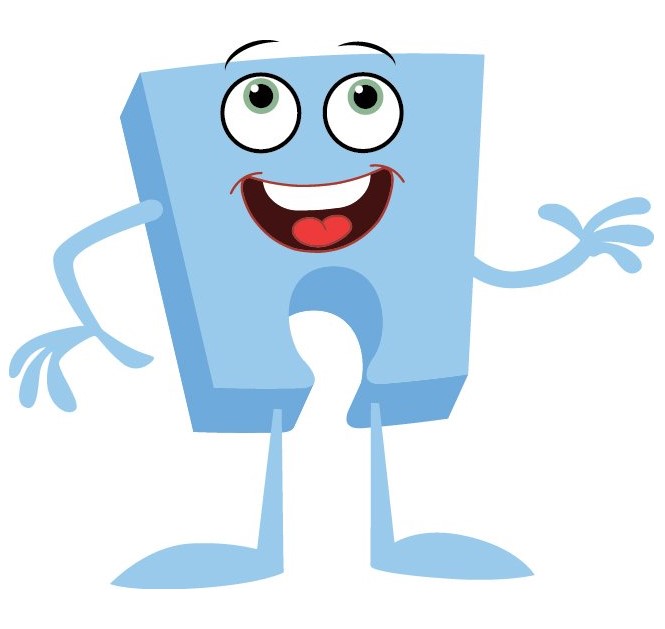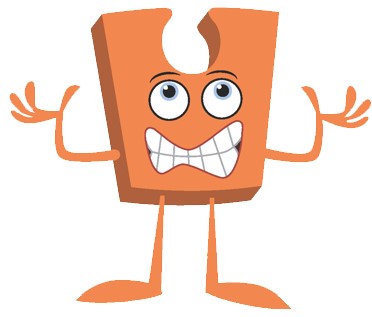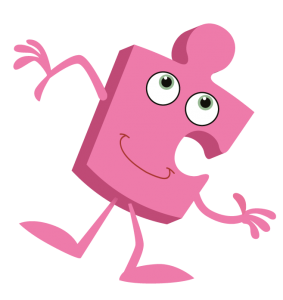Welcome to Jigsaw
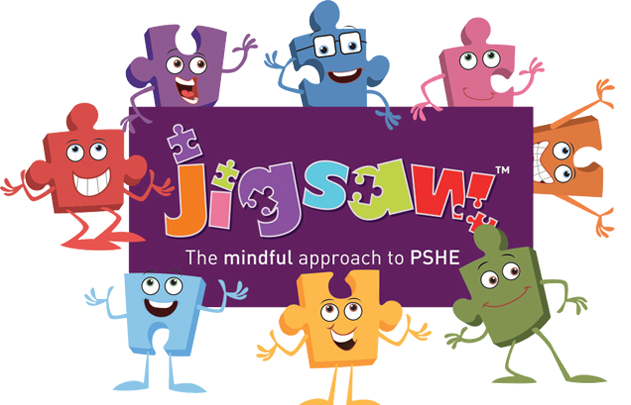
Intent- Why do we teach PSHE?
At Dovers Green we have introduced a whole school Personal, Social, Health and Economic (PSHE) scheme called Jigsaw. PSHE helps to develop emotional literacy, build resilience and support mental and physical wellbeing, in turn supporting emotional awareness, concentration and focus.
Implementation – How do we teach PSHE?
Jigsawis designed as a whole school approach, with all year groups working on the same theme (Puzzle) at the same time. This enables each Puzzle to start with an introductory assembly, generating a whole school focus for adults and children alike. Jigsaw aims to help children know and value who they really are and how they relate to other people in this ever-changing world.
There are Puzzles (half-term units of work) each with Pieces (lessons). Every year group studies the same Puzzle at the same time (sequentially ordered from September to July), allowing for whole school themes and the end of Puzzle product, for example, a display or assembly to be shared and celebrated by the whole school. Each year group teaches six lessons per half term and all lessons are delivered in an age- and stage- appropriate way so that they meet children’s needs.
This is Our Jigsaw Charter. We use our Charter in all of our Jigsaw lessons, to ensure that each child has a voice and the right to give their own opinions as well as the chance to listen to others.
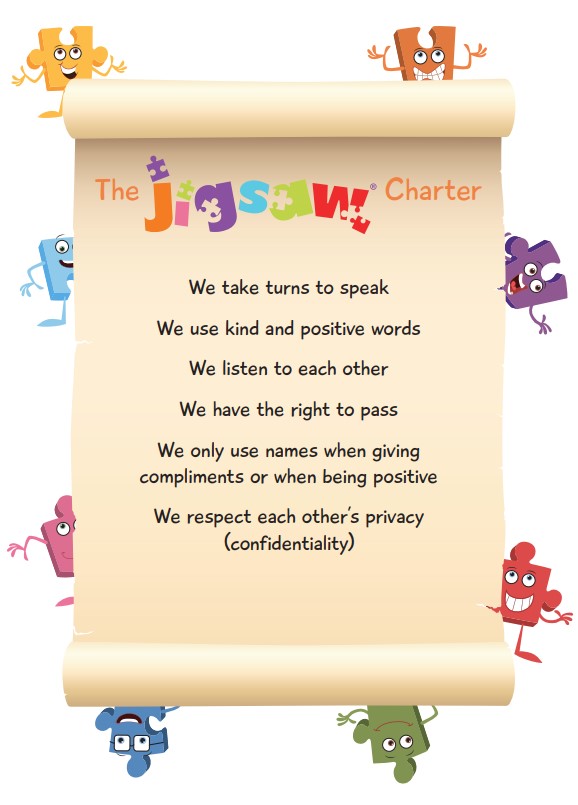
The Puzzles and what children learn
Being Me In My World covers a wide range of topics, including a sense of belonging, welcoming others and being part of a school community, a wider community and a global community; it also looks at children’s rights and responsibilities, working and socialising with others, and pupil voice.
Click on the Jigsaw pieces to find out more.
Celebrating Difference focuses on similarities and differences and teaches about diversity, such as disability, racism, power, friendships, and conflict; children learn to accept everyone’s right to ‘difference’, and most year groups explore the concept of ‘normal’ and bullying – what it is and what it isn’t.
Click on the Jigsaw pieces to find out more.
Dreams and Goals aims to help children think about their hopes and dreams, their goals for success, what personal strengths are, and how to overcome challenges,
via team work skills and tasks.
Click on the Jigsaw pieces to find out more.
Healthy Me covers two main areas of health: Emotional health (relaxation, being safe, friendships, mental health skills, body image, relationships with food, managing stress) and Physical health (eating a balanced diet, physical activity, rest and relaxation, keeping clean, drugs and alcohol, being safe, first aid) in order for children to learn that health is a very broad topic.
Click on the Jigsaw pieces to find out more.
Relationships has a wide focus, looking at diverse topics such as families, friendships, pets and animals, and love and loss. A vital part of this Puzzle is about safeguarding and keeping children safe; this links to Internet safety and social networking, as well as attraction and assertiveness; children learn how to deal with conflict, their own strengths and self-esteem. They have the chance to explore roles and responsibilities in families, and look at stereotypes.
Click on the Jigsaw pieces to find out more.
Changing Me deals with change of many types, from growing from young to old, becoming a teenager, assertiveness, self-respect and safeguarding. Each year group thinks about looking ahead, moving year groups or the transition to a new school. This puzzle links with the Science curriculum when teaching children about life cycles and how our body changes.
Click on the Jigsaw pieces to find out more.
Assessment in Jigsaw is both formative and summative. Within the lesson children are also able to identify areas for self-improvement. Teachers track the children’s attainment on ‘Target Tracker’ which informs future planning as well as identifying children who may need more support with emotional literacy or social skills development.
Impact – What the effect is.
The impact of our PSHE teaching is evident in school life as a whole – in the children’s good behaviour, their attitudes to learning and their respect, care and understanding for and of, each other.
Relationships & Sex Education
An important part of the Jigsaw PSHE programme is delivered through the 'Relationships' and 'Changing Me' puzzle pieces which are covered in the summer term.
There are four main aims of teaching RSE:
- To enable children to understand and respect their bodies
- To help children develop positive and healthy relationships appropriate to their age and development
- To support children to have positive self-esteem and body image
- To empower them to be safe and safeguarded.
Each year group will be taught appropriate to their age and developmental stage. At no point will a child be taught something that is inappropriate; and if a question from a child arises and the teacher feels it would be inappropriate to answer, (for example, because of its mature or explicit nature), this information with be shared with you by your child’s class teacher.
Below is a summary of RSE coverage within the Jigsaw scheme for each year group:
- Foundation Stage - Growing up: how we have changed since we were babies
- Year 1 - Boys’ and girls’ bodies; naming body parts
- Year 2 - Boys’ and girls’ bodies; body parts and respecting privacy (which parts of the body are private and why this is)
Correct terminology for body parts is introduced early to normalise this biological vocabulary and to support safeguarding. These words are not used in isolation but always in conjunction, ensuring children know these are private parts of their bodies.
Further information about how the school approaches the teaching of Relationships and Sex Education can be found in the PSHE policy.

